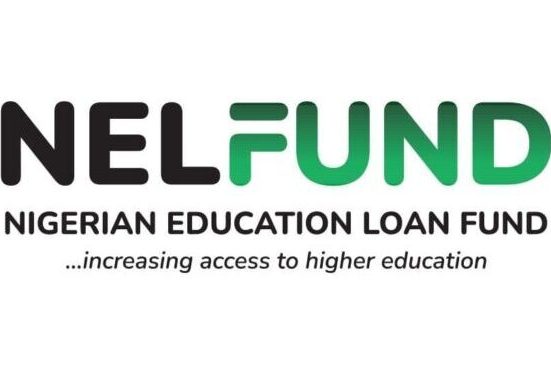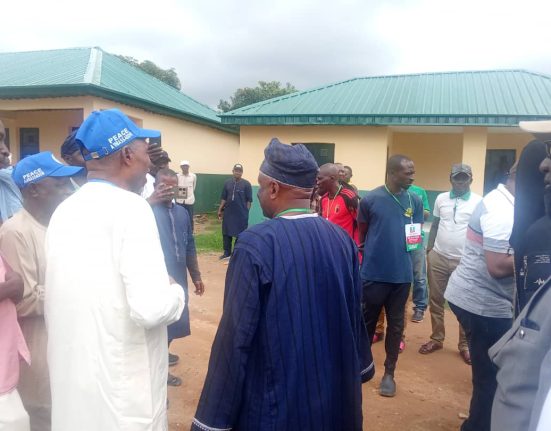In a significant move towards advancing Nigeria’s digital governance and technological architecture, the National Information Technology Development Agency (NITDA) has officially released a draft version of the Technical Standards for Digital Public Infrastructure (DPI), calling on the general public and key stakeholders to actively engage in the consultation process. The aim is to ensure that the framework reflects national priorities and global best practices.
This initiative forms part of the Federal Government’s wider digital transformation agenda, being driven by the Federal Ministry of Communications, Innovation, and Digital Economy. Under this reform-oriented vision, the DPI framework is designed to revolutionise public service delivery through a whole-of-government strategy that also opens up opportunities for private sector collaboration. The overall objective is to improve access to essential services and enhance citizens’ welfare through robust and interoperable digital systems.
A key component of this transformation is the establishment of the Nigerian Digital Public Infrastructure Centre (Ng-DPIC), which will serve as the central coordinating body for implementing DPI-related programmes. The centre is tasked with fostering education, promoting research, and driving knowledge-sharing initiatives that are essential to building a strong and sustainable DPI ecosystem in Nigeria.
In alignment with these goals, the draft Technical Standards presented by NITDA outline a comprehensive structure for the development and deployment of Nigeria’s DPI. The standards specify critical technical requirements and adopt tried-and-tested methods to guarantee interoperability, security, scalability, and efficiency in the integration and operation of digital platforms.
The draft also presents a blueprint for incorporating sector-specific DPIs such as digital identity systems, electronic payment solutions, and data-sharing platforms. It emphasises interoperability, cybersecurity, data protection, and stakeholder collaboration in the development of digital public goods—ensuring that these foundational systems support inclusive national development.
According to NITDA, the draft standards were informed by rigorous research, consultations with industry stakeholders, and benchmarking against international standards. The framework is built to enable a digital ecosystem that is not only secure and efficient but also resilient and innovative.
Among the core objectives of the proposed technical standards are enhancing interoperability among government platforms, safeguarding data privacy, promoting accessibility and inclusiveness, setting performance benchmarks, and encouraging compliance and innovation. It also includes guidelines for standardised testing and quality assurance processes to ensure consistency in DPI development across various sectors.
Recognising the value of public engagement in crafting sound digital policies, the Federal Government is inviting contributions from all sectors of society—including private enterprises, civil society organisations, academia, development partners, and individual citizens. The feedback gathered from this open consultation will be instrumental in refining the final standards and ensuring they serve the best interests of the Nigerian populace.
NITDA reaffirmed that the draft represents a foundational step toward building a secure, citizen-focused digital infrastructure capable of supporting Nigeria’s long-term socio-economic objectives. The call for input marks a defining moment in the country’s quest to harness the full potential of digital technology in governance and national development.







